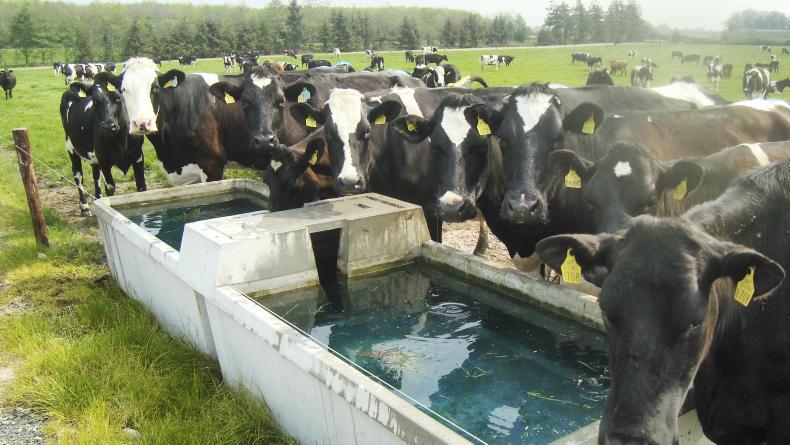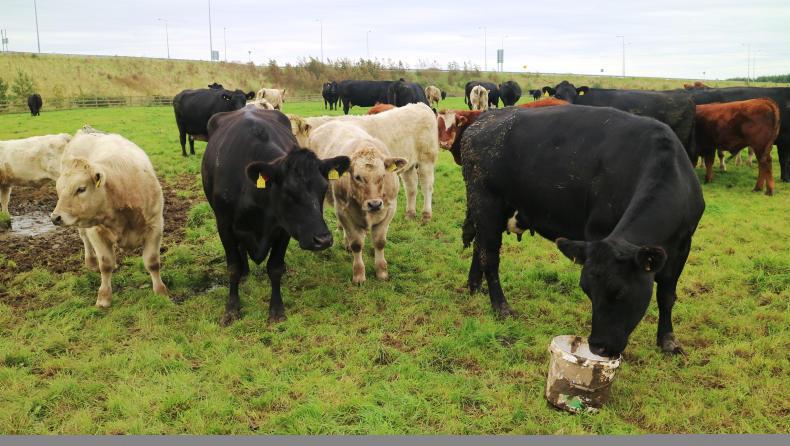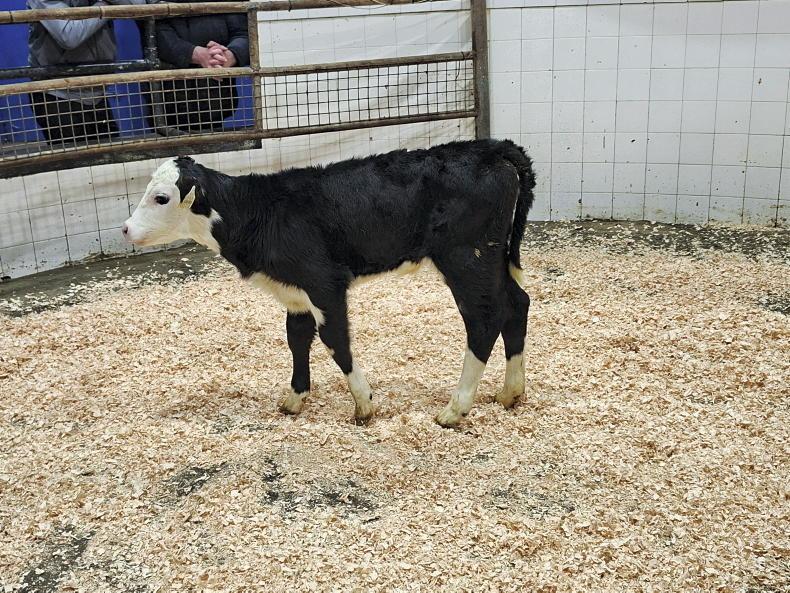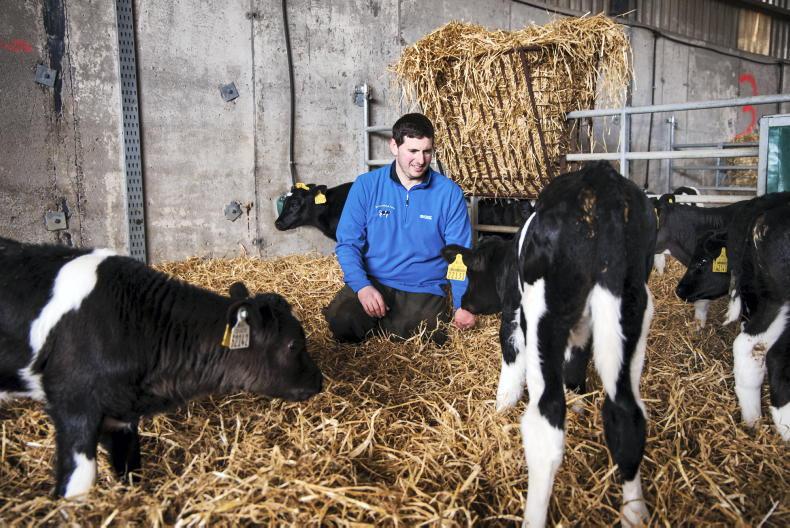Vets and specialists from around the country reported a spike in grass tetany cases due to the cold and wet weather over the weekend and into Monday.
Journal vet Tommy Heffernan said the harsh weather could easily trigger tetany.
"With cows and ewes at grass and milking well, there is a higher requirement for magnesium. These animals store very little in their bodies so require daily intakes.
"Anything like the cold and wet that we have had yesterday [Saturday], today and forecast for tomorrow can increase the risk and trigger a case of tetany.”
Farmers don’t need me to tell them their business but this might remind someone who’s under a little Pressure at the minute... cows and ewes here have received a Mag bolus aswell .. weather very stressful for lactating cows and ewes at the minute.. #TullamoreFarm @FJBeef pic.twitter.com/Hojr6DSvNo
— Shaun Diver (@diver_shaun) April 14, 2019
"We had three cases of grass tetany reported into the practice this morning following the overnight rain and cold south easterly wind this morning," said Tom Julian, a large-animal veterinary surgeon in south Tipperary.
"Normally they are high-risk animals that maybe were in heat and hence probably had not eaten nuts in the parlour.
"Another risk group we have seen lately are milking cows that are being zero-grazed and hence probably have less appetite for nuts in the parlour. Vulnerable cows need to be watched.”
Buckets
Meanwhile, in west Cork, suckler farmers have put high-magnesium buckets out.
"I also see some have started feeding meal again in troughs in the field," said Tommy Moyles.
"The rain stopped this morning down here, but is back again since 1pm. There is a cold southeasterly wind blowing, so it makes it feel even colder than maybe it is.
Aidan Brennan, dairy editor
Most spring-calving cows are milking well, within 10 days from peak milk yield, and most farmers have started the second round of grazing, which normally is excellent-quality lush green grass.
The danger is when the weather is very cold and wet like it has been last night and today then intakes might not be high, so you need to ensure the right volume of meal is fed to allow prevention or get cal mag supplemented through the water or a mix of both.

Darren Carty, sheep editor
It has been cold at night for the last week up west and there have been losses from tetany as a result. Sheep men with freshly lambed ewes are on high alert this weekend.
Most have started some cal mag supplementation or put buckets out as a precaution.
Adam Woods, beef editor
Spring-calving suckler cows with calves at foot are milking well as grass supplies are good around the country.
On Tullamore Farm, we had grass tetany issues before and lost two cows to tetany in May 2017.
In 2018 and 2019, all cows were given magnesium boluses at turnout, which should cover any magnesium deficiency issues for six weeks.
High-magnesium licks were also put out yesterday with cows as an extra aid given the cold and wet weather conditions over the past few days.










SHARING OPTIONS